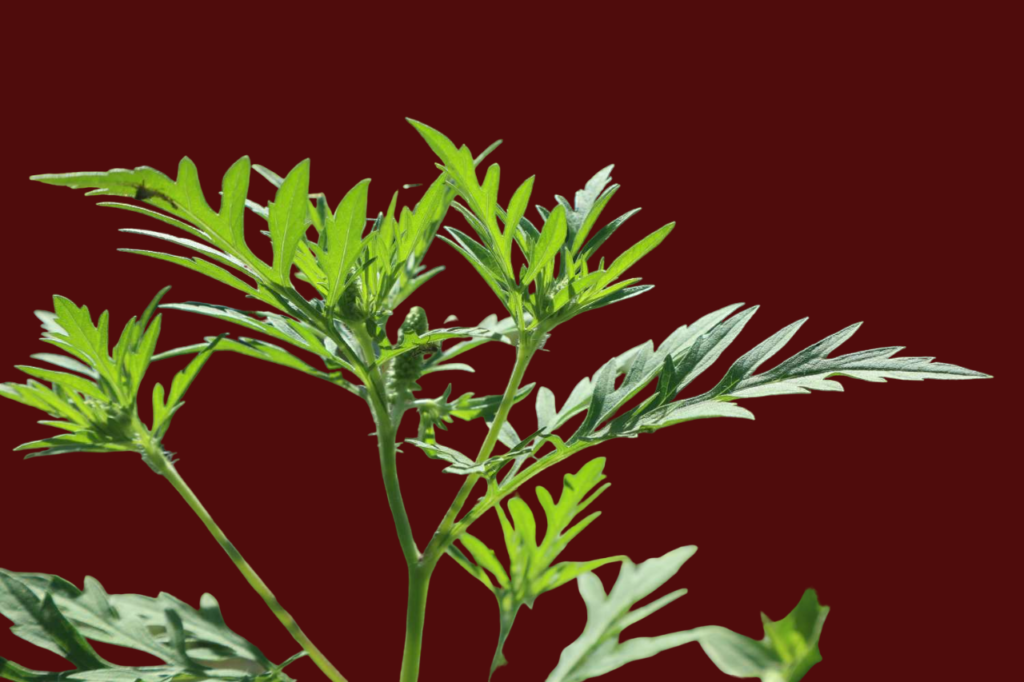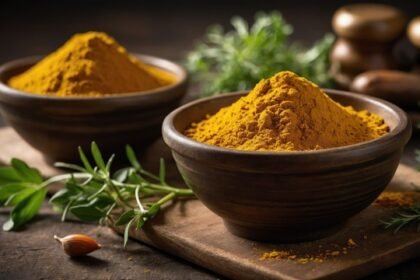
When I first started exploring the wonders of wormwood, I was fascinated by how much this seemingly unassuming plant could accomplish. It’s one thing to know that ancient cultures revered it, but it’s quite another to dig into what’s actually happening at the chemical level. This herb owes its medicinal powers to a unique blend of compounds, each with its own remarkable properties. Today, we’ll explore the core components that make wormwood such a potent healer and detoxifier.
I remember the first time I worked with fresh wormwood—I was taken aback by its strong scent, a mix of bitterness and freshness. That bitterness, I learned, is one of the plant’s secret weapons. But there’s so much more beneath the surface. So, let’s break down these active compounds, and why they’ve made wormwood a staple in natural medicine for centuries.
Thujone: The Notorious Active Ingredient
At the top of the list is thujone, a compound that often sparks debate among herbalists and researchers. Thujone is responsible for many of wormwood‘s benefits but is also the reason why this herb has been the subject of controversy, particularly in its use in absinthe. In small doses, thujone can be a powerful ally, offering anti-inflammatory, antispasmodic, and even antiviral properties. I personally love using wormwood in teas and tinctures for its ability to help with digestive issues, but I always caution others to be mindful of dosage because of this compound.
Thujone works by interacting with GABA receptors in the brain, which is what gives it its unique neurological effects. While I find this fascinating, it also means you must be cautious when consuming wormwood—too much of a good thing can turn into a bad experience. But in the right amounts, thujone is part of what makes wormwood such an effective herbal remedy for nervous system disorders, and even as a parasite cleanse.
Absinthe and Its Relationship with Thujone
There’s no denying the lore surrounding absinthe, the famous “green fairy” drink from 19th-century Europe. Many believed it led to hallucinations due to its high thujone content. In reality, modern science tells us that those effects were likely due to excessive alcohol consumption rather than thujone alone. Nevertheless, absinthe’s story does shed light on how much impact a compound like thujone can have on both the body and the mind.
I’ve never been a huge fan of absinthe myself, but I love how wormwood in small amounts can create clarity and alertness. I always tell people that wormwood in moderation, particularly in teas, can be incredibly calming and balancing without any of the myths surrounding it.
Tannins: The Bitter Warriors
Tannins are another key component of wormwood, responsible for its characteristic bitter flavor. I have a bit of a love-hate relationship with tannins. On one hand, they’re astringent, and some people find the bitterness off-putting. But I’ve come to appreciate that bitterness—it’s actually an indication of their ability to stimulate digestion and promote detoxification. If you’ve ever had a bitter tonic, you know exactly what I’m talking about.
The tannins in wormwood work to tighten tissues and dry out excess fluids, which is why they’re useful for treating conditions like diarrhea or excessive sweating. Tannins are also antimicrobial, meaning they can help kill harmful bacteria in the gut. This makes wormwood a great ally in digestive health, especially when you’re looking to restore balance after an illness.
Flavonoids: Nature’s Anti-Inflammatory Agents
Another powerhouse group of compounds in wormwood are flavonoids. These compounds are well-known for their antioxidant and anti-inflammatory properties. What I love about flavonoids is that they’re like nature’s gentle healers—they reduce inflammation in a way that’s subtle yet effective. For people like me who prefer natural anti-inflammatories over pharmaceutical ones, flavonoids in wormwood are a blessing.
There’s been promising research showing that the flavonoids in wormwood could help with everything from arthritis to heart health. I’ve seen firsthand how a regular routine of wormwood and other anti-inflammatory herbs can help reduce swelling and improve mobility in my clients dealing with chronic pain. It’s one of the reasons I often recommend wormwood for those looking to tackle long-standing health issues.
Essential Oils: The Aromatic Healers
The essential oils present in wormwood give it its distinctive aroma and offer a range of healing benefits. These oils contain compounds like camphor, myrcene, and pinene, which all have their own unique properties. Camphor is well-known for its ability to soothe pain and inflammation, while myrcene has a calming, sedative effect. Pinene is believed to improve focus and alertness, which is probably why some people feel more mentally clear after taking wormwood.
Personally, I enjoy using wormwood essential oil in a diffuser during the colder months. It gives off a warm, herbal scent that helps clear the air and ease breathing issues like congestion. Essential oils are one of those things that I think people underestimate—they’re powerful in their ability to shift your mood, ease pain, and promote overall well-being.
Acids: Malic and Succinic Acid
Malic acid and succinic acid are lesser-known compounds in wormwood, but they play a significant role in the plant’s detoxification properties. Malic acid helps remove toxins from the body, particularly in the liver. I’ve always been a big advocate for regular detox, and wormwood can be a great addition to any detox routine because of its ability to stimulate bile production and promote healthy liver function.
Succinic acid, on the other hand, is known for its ability to reduce fatigue and increase stamina. I once used wormwood in a detoxification protocol for a client who was constantly fatigued. After a month of consistent use, she noticed an increase in her energy levels and felt like her body was working more efficiently. That’s the beauty of working with a plant like wormwood: it helps the body reset and recharge.
Conclusion: Harnessing the Power of Wormwood‘s Active Compounds
The unique combination of compounds in wormwood is what makes it such a powerful herb. From thujone and tannins to flavonoids and essential oils, each plays a specific role in supporting the body’s healing processes. Whether you’re using it for digestive support, inflammation, or detox, [worm









